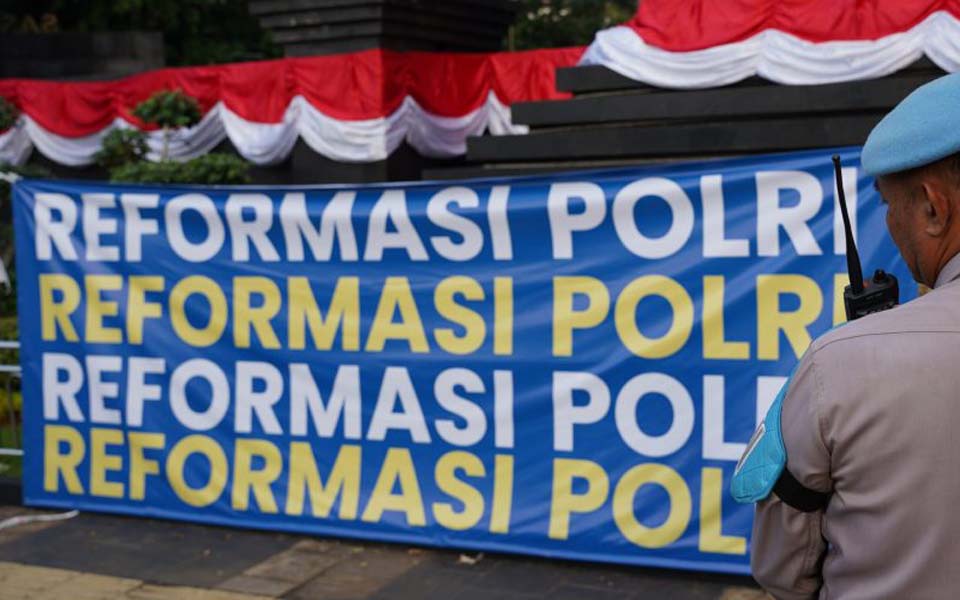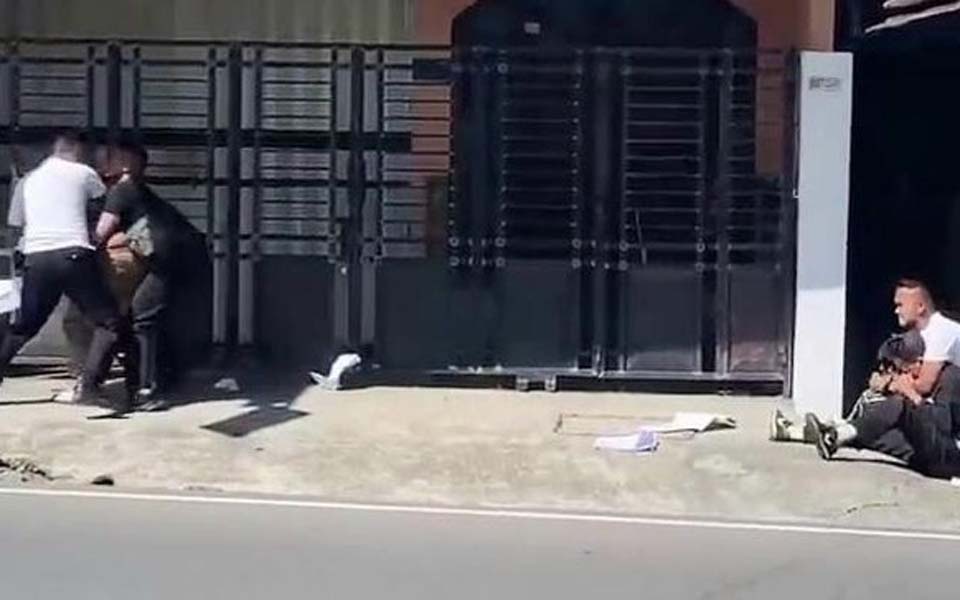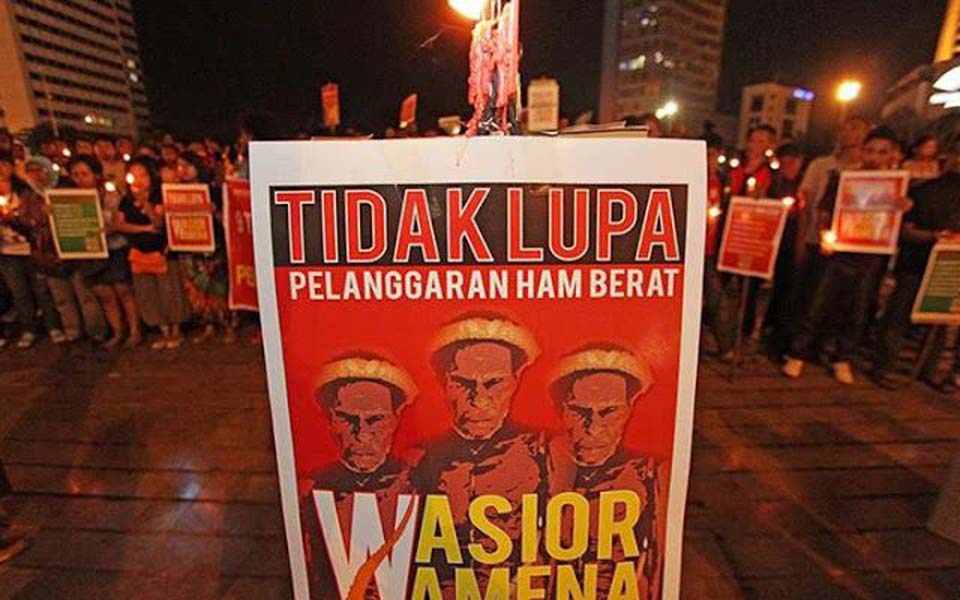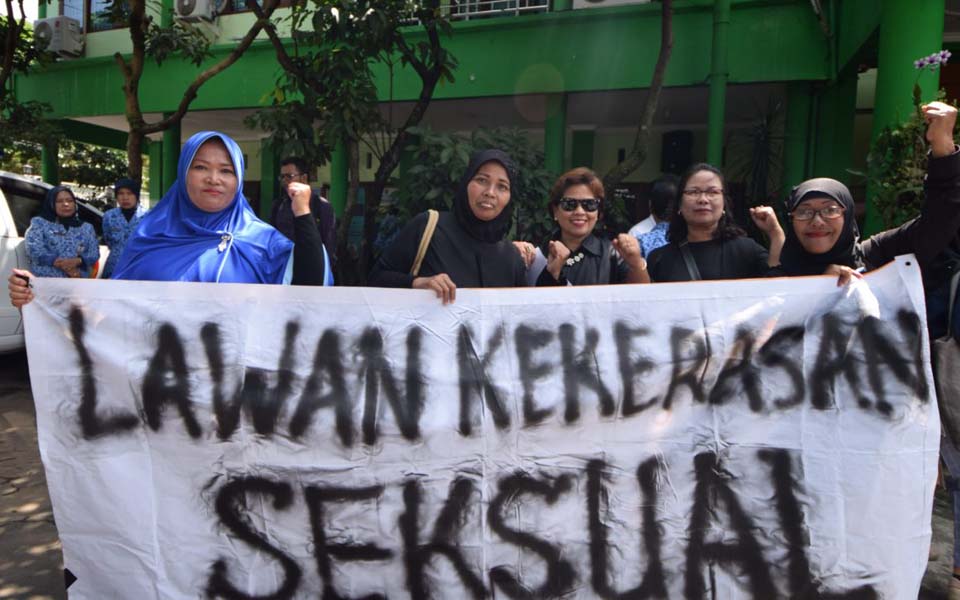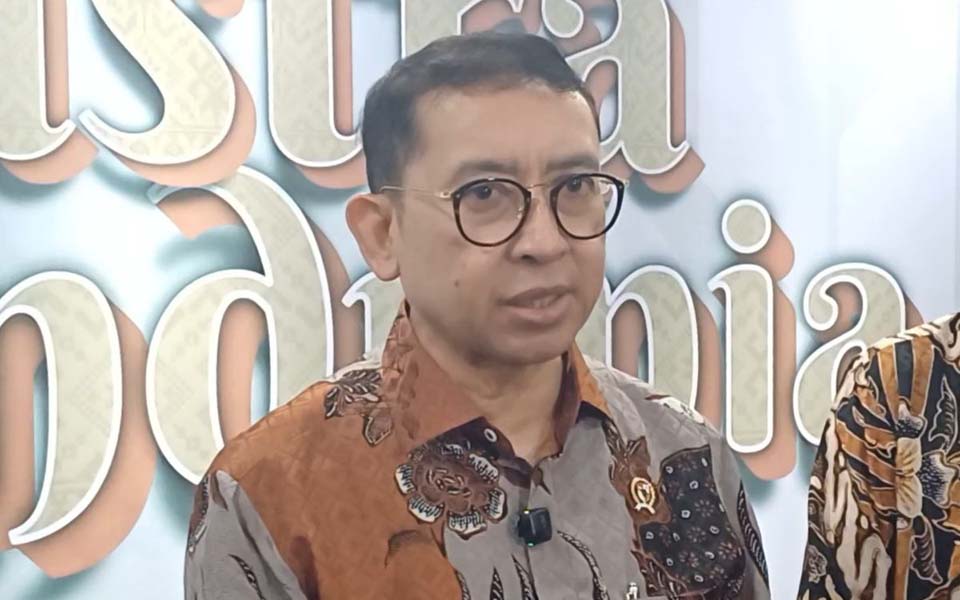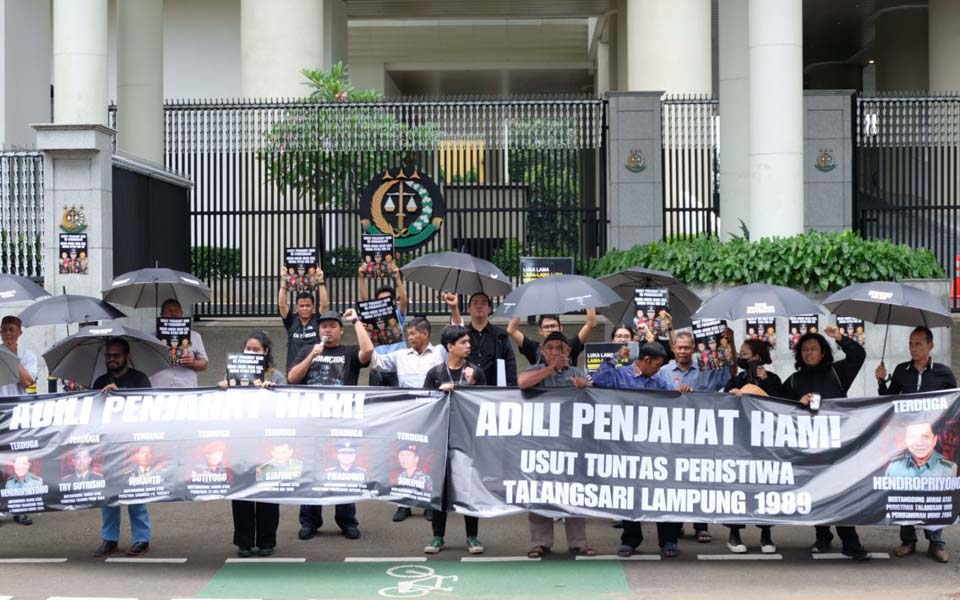Irfan Kamil, Jakarta – Amnesty International Indonesia says that the police committed acts of violence when securing the protest actions against the Draft Omnibus Law on Job Creation in October and November.
Amnesty International Indonesia Executive Director Usman Hamid said that based on Amnesty's findings in cooperation with the Crisis Evidence Lab and Digital Verification Corps Amnesty International, police tasked with security in several parts of the country allegedly committed human rights violations.
These findings were discovered after the three institutions conducted a verification of 51 videos of violence during the Omnibus Law protests. According to Hamid, the police response to protesters violated freedom of expression.
"A number of them were unfortunately were responded to with extraordinary violence, including assaults, torture and other abusive treatment which showed abuse against their freedom of assembly and expression", said Hamid during a virtual press conference on Wednesday December 2.
Out of the 51 videos which were examined, he revealed, there were 43 incidents of violence against actions expressing an opinion between October 6 and November 10.
In addition to this, Amnesty also recorded 402 victims of police violence during the actions across 15 provinces. Meanwhile as many as 6,658 people were arrested in 21 provinces.
Hamid said that as many as 301 people were detained for a variety of periods including 18 journalists, who have now been released. "Based on a joint advocacy team report, there were at least 301 people who were detained for different periods", said Hamid.
Amnesty also found that protests expressed on the internet were responded to by intimidation. According to Amnesty's records, between October 7 and 20 there were 18 people in seven provinces who were indicted on charges of violating the Law on Information and Electronic Transaction (UU ITE).
"This law is often used to deal with criticism on the pretext of defamation, or on grounds of religious blasphemy and so forth", said Hamid.
Hamid said he deplored the violence committed by police during the protest actions and that this was reminiscent of the behavior of security forces during the protest actions against former president Suharto in 1998.
"And these incidents reminded us of the brutality of security forces against students in 1998-1999 during the final days of the authoritarian [regime] of president Suharto. Brutal incidents like this should not be happening again", said Hamid.
Earlier, national police spokesperson Brigadier General Awi Setiyono denied that police had acted repressively in securing the demonstrations.
"It's related to a process, like securing demos which I've already conveyed, don't claim repeatedly that the police are repressive, we're not. We're not repressive, the police are also human beings", said Setiyono at the national police criminal investigations directorate building in South Jakarta on October 26.
According to Setiyono, police are furnished with education on human rights adding that officers are also taught about the crowd psychology.
With regard to the implementation in the field, the police claim that they have standard operating procedures or SOP which are a guide to securing protest actions. Setiyono said that police act in accordance with the escalating situation which develops in the field.
"When crowd are anarchic, of course the police will defiantly carry out measured actions", he said. "Starting from barehanded to using batons, shield, even using water cannon, firing teargas", said Setiyono.
[Translated by James Balowski. The original title of the article was "Diduga Ada Kekerasan, Amnesty Sebut Polisi Gunakan Tongkat Hingga Kayu Saat Amankan Unjuk Rasa UU Cipta Kerja".]









